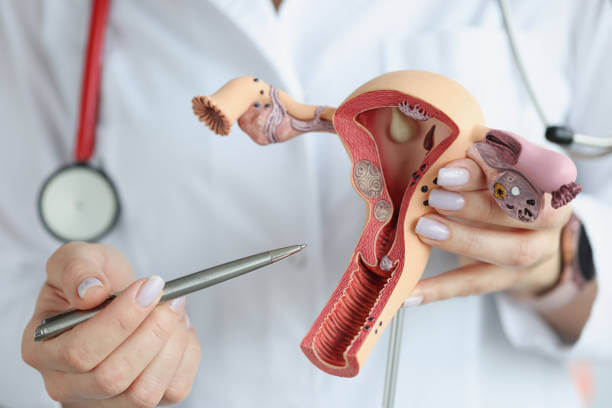
Gynecologists are essential healthcare professionals who specialize in the diagnosis and treatment of women’s reproductive health issues. They provide a variety of services, including preventive care, family planning advice, and management of gynecological conditions such as infertility or menopause. Gynecologists play an important role in ensuring that women receive the best possible care for their reproductive health needs.
Your first visit to the gynecologist can be intimidating, but it doesn’t have to be. Knowing what questions to ask your gynecologist on your first visit can help you feel more prepared and comfortable during the appointment.
Below are some important questions you should ask your gynecologist on your first visit.
What Tests Should I Have Done?
It is important for women of all ages to get regular check-ups at their gynecologists in order to stay healthy and detect any potential issues early on. Ask about which tests are recommended based on your age, health history, and lifestyle factors such as sexual activity or birth control use. Generally, women should get Pap smears beginning at the age of 21. HPV testing should start by age of 25 and be done every five years, depending on the recommendations of the gynecologist. Mammograms are usually made available to women beginning at the age of 40. Bone density screening is recommended for women beginning at the age of 65.
What Are My Birth Control Options?
If you are sexually active or planning on becoming sexually active soon, talk with your gynecologist about different types of birth control that may work best for you. There are many different types of birth control, such as the monthly pill, intrauterine device, vaginal rings, birth control shots, and more. The right one will depend on your medical history, lifestyle factors, and preferences. A gynecologist will help ensure that you make an informed decision when selecting a method of contraception that is right for you.
How Can I Reduce My Risk Of STDs?
Talking openly with your gynecologist about safe sex practices is essential in reducing the risk of both unintended pregnancy and contracting a sexually transmitted disease (STD). Your doctor can provide information regarding the correct use of condoms, which you should practice even if you are on birth control, have fewer sexual partners, are monogamous, or getting vaccinated.
How Can I Manage Painful Periods Or Other Menstrual Issues?
PMS happens to an overwhelming number of women. If menstrual cramps or your period migraines become too painful or interfere with daily activities, let your gynecologist know. Discussing these issues helps the doctor identify possible underlying causes that cause severe PMS symptoms and develop treatment plans tailored to you, which can help control PMS symptoms.
Is There Anything Else That Could Be Affecting My Gynecological Health?
Lastly, don’t forget to ask if there could be anything else that could contribute to poor reproductive health. For example, does diet play a role in menstrual cycle irregularities? How about poor sleep, lack of exercise, or stress? Are there any mental health conditions associated with hormone imbalances? These types of questions allow doctors to better understand their patients’ overall well-being, so they can further personalize the care they provide.
Gynecologist in Syracuse, New York
The gynecologists and obstetricians at University OB/GYN Associates provide patient-centric services for our patients. We are focused on women’s health and can care for you from early adulthood to your senior years, treating a range of gynecological issues and improving or maintaining good gynecological health through preventive care.
OB/GYN Associates looks forward to being your women’s health provider. We are affiliated with SUNY Upstate Medical University and Crouse Hospital. To schedule an appointment with one of our gynecologists, call our office today at (315) 464-5162 or use our online request form.



